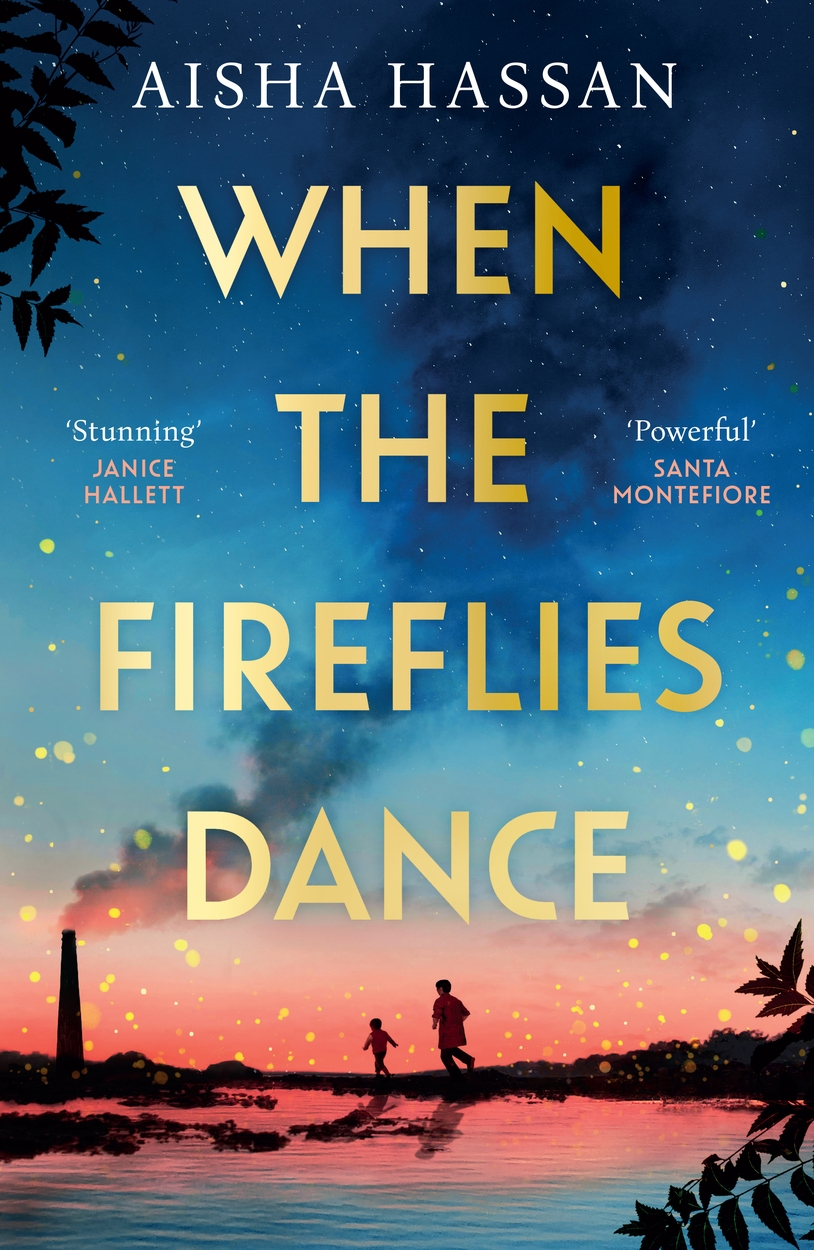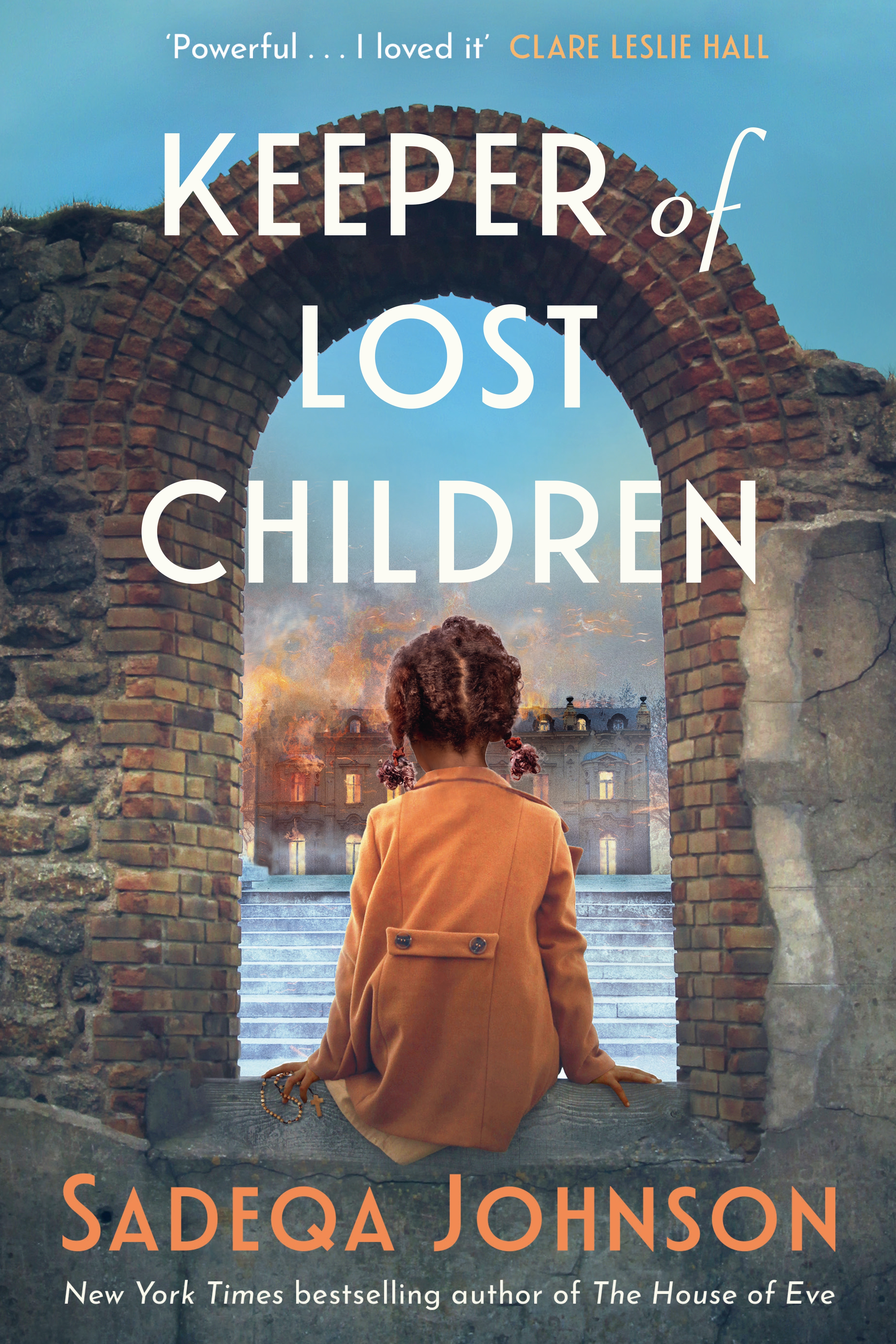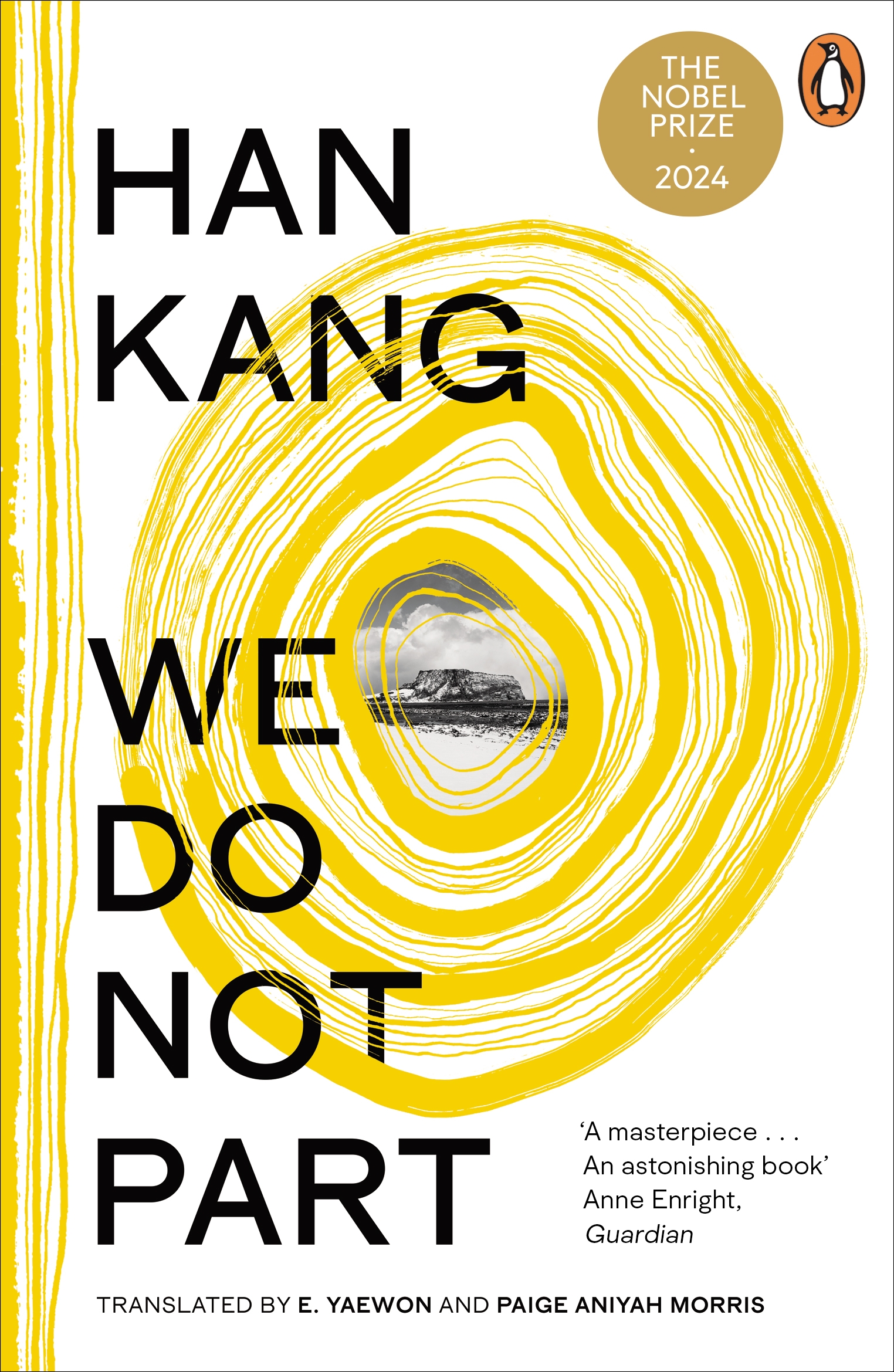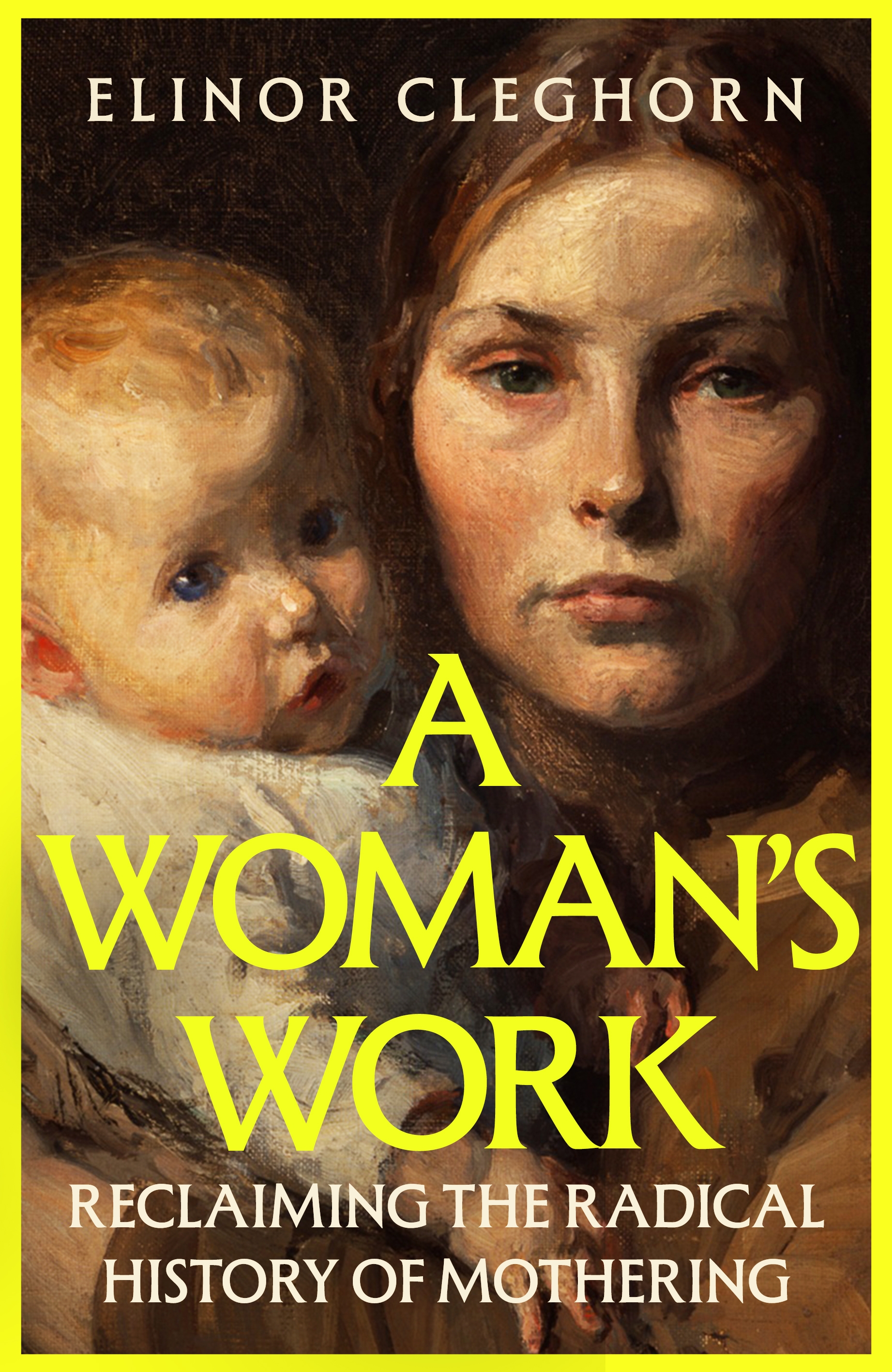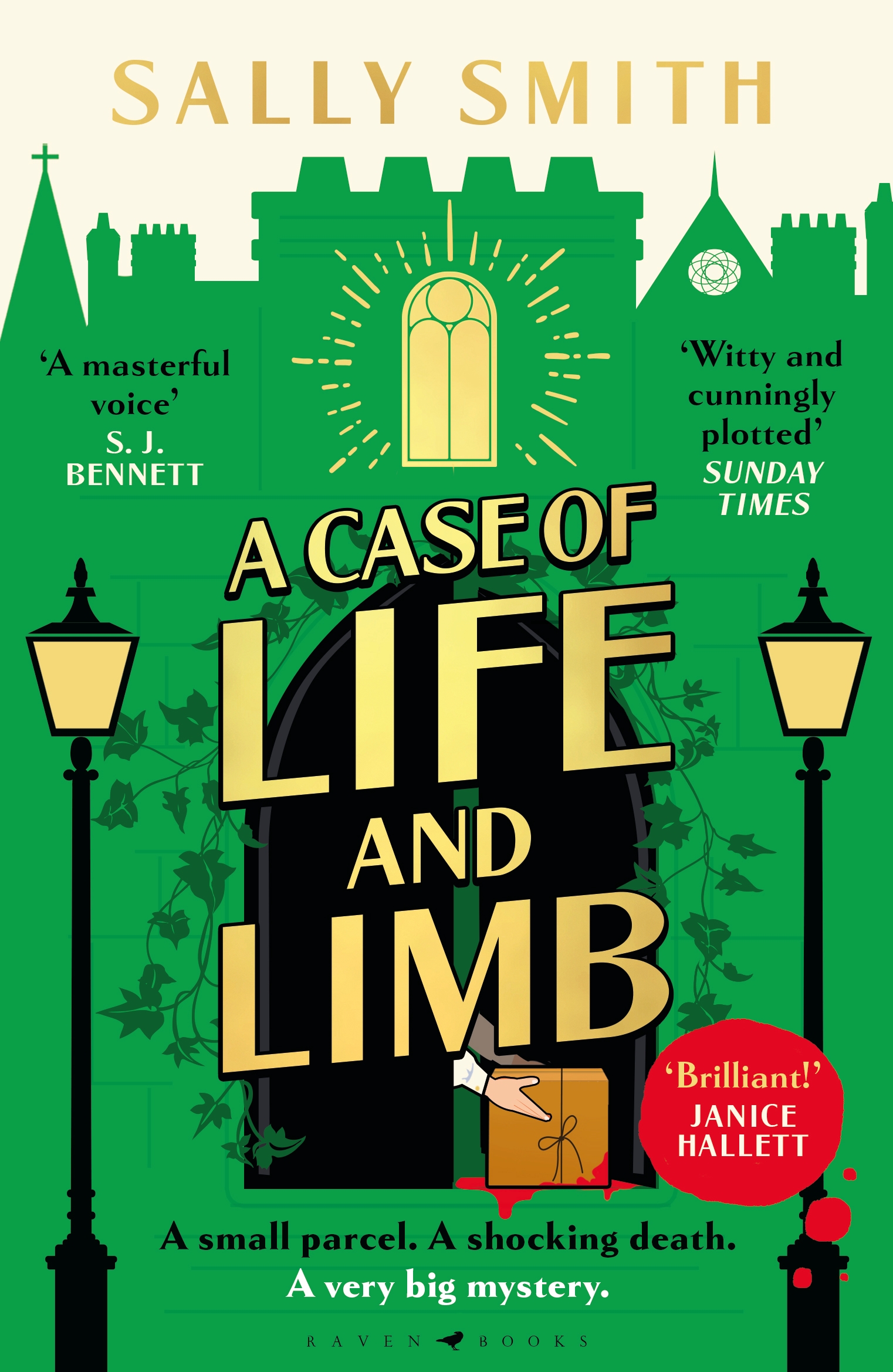The Long Song
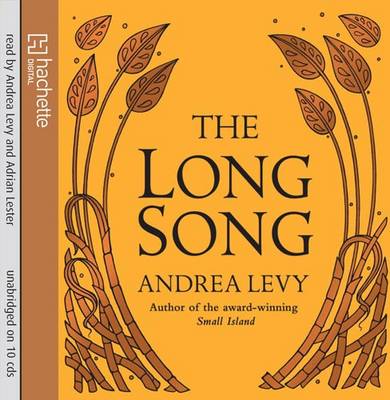
As seen:
By Andrea Levy
avg rating
1 review
You do not know me yet. My son Thomas, who is publishing this book, tells me, it is customary at this place in a novel to give the reader a little taste of the story that is held within these pages. As your storyteller, I am to convey that this tale is set in Jamaica during the last turbulent years of slavery and the early years of freedom that followed. July is a slave girl who lives upon a sugar plantation named Amity and it is her life that is the subject of this tale. She was there when the Baptist War raged in 1831, and she was also present when slavery was declared no more. My son says I must convey how the story tells also of July’s mama Kitty, of the negroes that worked the plantation land, of Caroline Mortimer the white woman who owned the plantation and many more persons besides – far too many for me to list here. But what befalls them all is carefully chronicled upon these pages for you to peruse. Perhaps, my son suggests, I might write that it is a thrilling journey through that time in the company of people who lived it. All this he wishes me to pen so the reader can decide if this is a book they might care to consider. Cha, I tell my son, what fuss-fuss.
Come, let them just read it for themselves.
Reviews
St Just Thursday Evening Reading Group 4th June 2025.
The Long Song. Andrea Levy.
We agreed that this was a book well worth reading; very engaging and a gripping story, though hardly an enjoyable tale. Readers found the characters very well realised, though one suggested that perhaps the white people were slightly stereotyped. The situation of the enslaved people was described very thoughtfully. The horrors of their situation were portrayed well, without being as harrowing as the descriptions in Toni Morrison’s Beloved, or Alex Haley’s Roots. Several people thought that the casual cruelties described make the book even more poignant.
One thing that none of us saw in this book was humour. We talked about this and decided that though there may have been elements of farce presented, attempts at humour did not really have any effect in such a horrifying story, despite it being part of human nature to find things funny.
We discussed the characters, their age and their racial makeup and why this is made such a point of interest by the author. Caroline, the white female plantation mistress, is obviously a dreadful person, ignorant and thoughtless, but she was nevertheless a product of her environment and did not have an enjoyable life. Robert, the overseer, was similar. Thomas, Miss July’s son, who was adopted by the pastor’s family and who left Jamaica for England, was the only person who really did well.
We talked about the bigger picture of slavery of which the book is part, and its impact as a whole and upon various situations and legacies in England.
A sad and depressing story, which tells us that, at least in the case of this sugar-cane plantation on Jamaica, the system of slavery (and its aftermath) was demeaning to the the human race in general.
